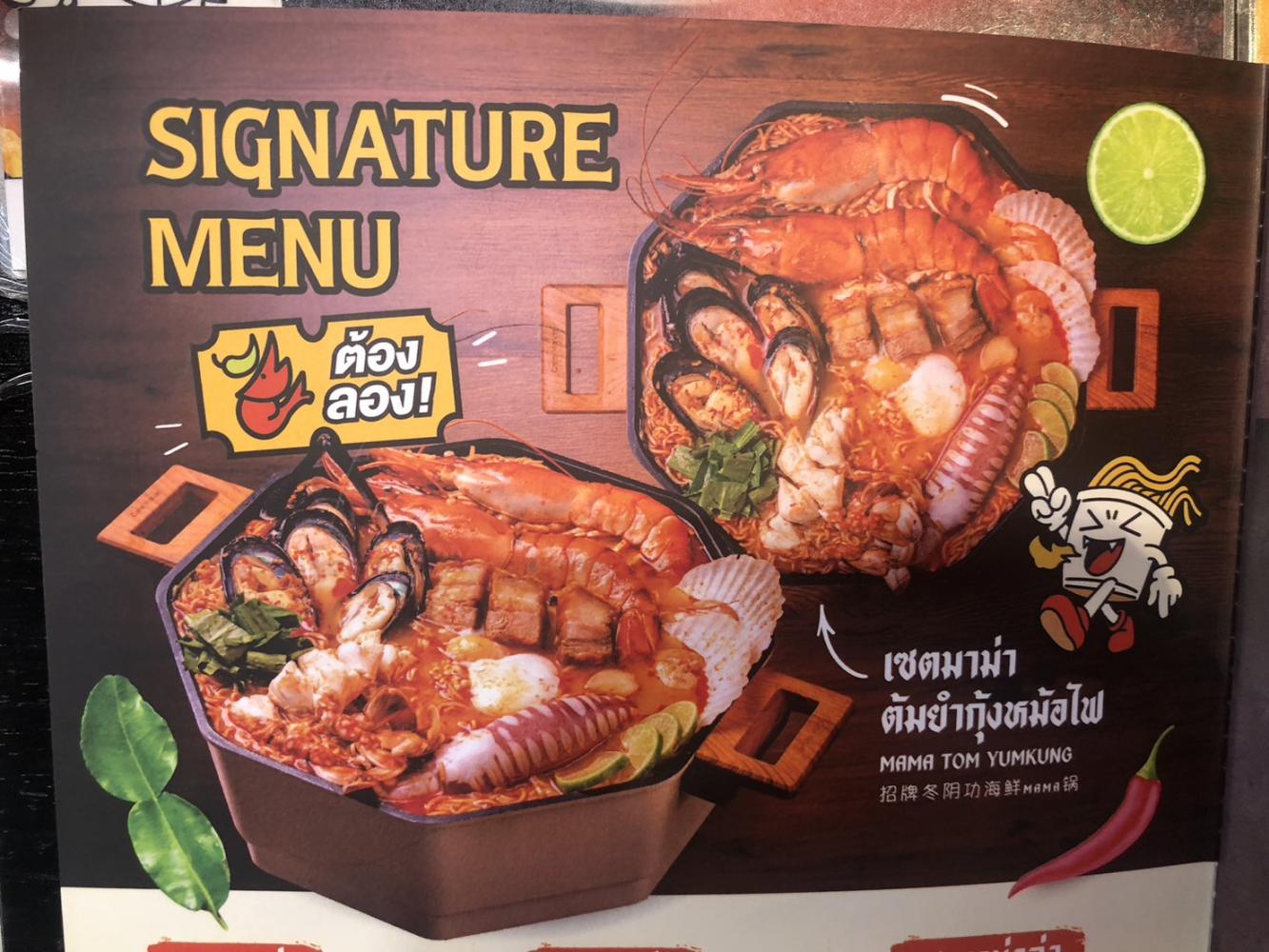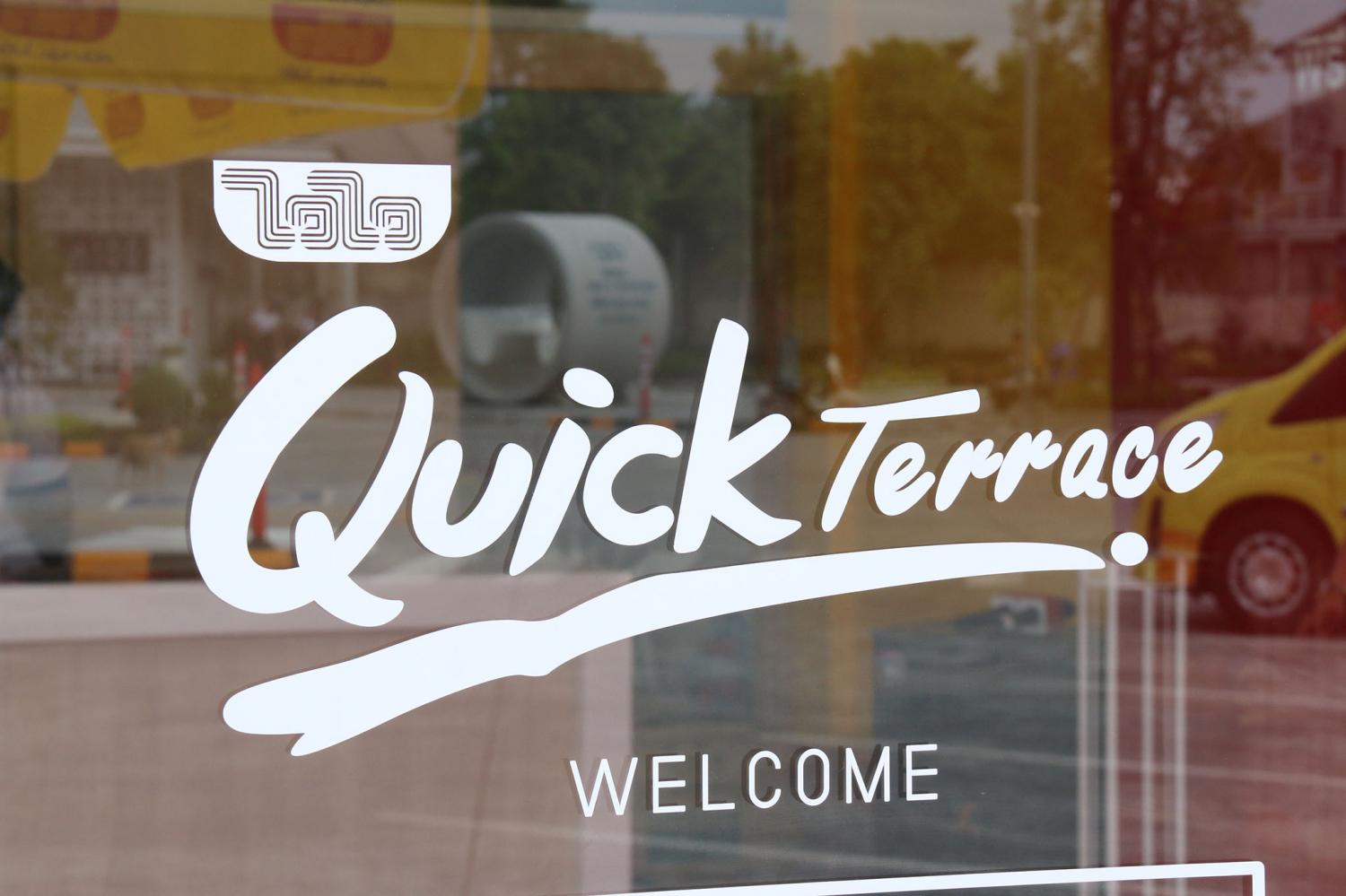
Instant noodles have undergone a remarkable transformation in recent years, evolving from a humble household, factory or office staple into a diverse and innovative dish.
Today manufacturers offer an array of freshly prepared instant noodle dishes at their own restaurants in tourist destinations, petrol stations across the country and even at luxury retail complexes in Bangkok.
This shift is driven in part by the influence of Korean and Japanese pop culture, including music and TV series. Thais, especially the younger generation, have developed a penchant for noodle-based cuisine, evident in the burgeoning presence of Korean and Japanese noodle restaurants throughout Thailand.
In 2022, according to the World Instant Noodles Association, global demand for instant noodles reached 121 billion packets. Thailand annually consumes 3.87 billion packets, ranking ninth globally.
Instant noodles are regulated by the Commerce Ministry, which means increasing prices is difficult for manufacturers. As a consequence, instant noodle companies adopted various strategies to sustain long-term growth.
These include launching new value-added and innovative products catering to the premium market, diversifying their product portfolios to include items such as seasonings and dried chilli, as well as expanding their operations internationally.
GRAB A BOWL
In the wake of the pandemic, both Wai Wai and Mama, well-known instant noodle brands, have ventured into the restaurant business to cater to lifestyle-conscious customers seeking convenience and comfort.
Thai Preserved Food Factory Co, the maker of the Wai Wai brand, introduced Wai Wai's Quick Terrace, while Thai President Foods Plc, the manufacturer of Mama instant noodles, established Mama Station and Craze Mama shops.
These eateries offer original instant noodle dishes and flavours prepared by skilled chefs, served promptly to customers. This approach appeals to consumers seeking greater convenience and comfort.
Instant noodles are no longer solely consumed individually, as these restaurants offer a variety of dishes to share with friends and family.
The 7-Eleven convenience store chain also entered the fray by introducing special kiosks in select branches where customers can enjoy freshly cooked Korean instant noodles in the store.
Some leading retail stores in downtown Bangkok also want to launch permanent instant noodle shops.

Mr Veera says Thai Preserved Food Factory established its first Quick Terrace restaurant nine years ago in front of the Wai Wai factory in Omyai, Nakhon Pathom province.
Wai Wai
Veera Napapruksachart, assistant managing director of Thai Preserved Food Factory Co, said the company opened its first Quick Terrace in front of the Wai Wai factory in Omyai, Nakhon Pathom, nine years ago.
"The initial idea, proposed by my brother Khun Preecha, was to create a simple food shop to sell our instant noodle products. However, it gradually evolved into a full-fledged restaurant. We expanded the menu to include a variety of dishes crafted from Wai Wai products, in addition to options like rice and snacks," said Mr Veera.
There are five Quick Terrace restaurants, with the latest opened at the PTT petrol station in Ang Sila, Chon Buri, early in October.
The majority of branches are at PTT petrol stations, strategically chosen for high levels of customer traffic, he said.
Each outlet represents an average investment of 3 million baht, offering a menu of more than 20 items with prices ranging from 50 to 129 baht.
The menu includes creamy tom yum river prawn noodles, pad char baby clam noodles and a selection of beverages.
"We employ a small-town strategy by initially opening our restaurants in upcountry areas before expanding into Bangkok. Our approach distinguishes us from competitors," said Mr Veera.
"We take deliberate steps, avoiding prime locations to ensure our menu is easily accessible to a broader consumer base. Quick Terrace serves as our experimental ground to test new products. Developing new instant noodle flavours remains a formidable challenge as it is difficult to guess the new generation's desires."
Looking ahead to 2024 and 2025, he said the company plans to extend the Quick Terrace concept by opening more outlets across the country.

A poster displaying the signature menu of Mama instant noodles.
New locations include Chiang Mai, Nakhon Sawan, Roi Et, Nakhon Ratchasima, Nakhon Si Thammarat and Surat Thani, said Mr Veera.
He said the company wants to enhance brand awareness by offering meals from Wai Wai's mobile food truck at events and schools, reaching a younger audience with its signature dish pad char.
Quick Terrace also plans to introduce Wai Wai kiosks at petrol stations as quick grab-and-go options.
Mr Veera said the company intends to expand the Quick Terrace restaurant concept through franchising next year, offering three sizes: 35, 50 and 100 square metres.
He stressed the importance of diversifying beyond instant noodles to mitigate risks.
Consumer behaviour can change and the new generation is embracing other options such as spaghetti made with egg whites and green bean noodles, said Mr Veera.
Diversification in terms of formats, distribution channels and product line extensions for both mass and premium segments is essential for long-term growth, he said.
Mama
Pun Paniangvait, general manager of Thai President Foods, said the company started by selling Mama instant noodles through kiosks at places like Dusit Zoo, Khao Din, Dream World and RCA a long time ago.
As operating costs increased, the company temporarily halted these services.
Two years ago, Thai President jumped back into the restaurant business by forming a joint venture with partners to establish Mama Station Co, operating Mama Station shops in Bangkok.
The company holds a 19% stake in the joint venture, with the remainder belonging to partners. There are Mama Station shops located on Phatthanakan Soi 53, opposite Triam Udom Suksa School in Phatthanakan, Phetkasem Soi 98, and another undisclosed location on Lat Phrao Road.

A welcome sign at a Quick Terrace restaurant serving Wai Wai noodle dishes.
Mr Pun said a prototype Mama Station store, spanning 100 sq m, is scheduled to open at RCA on Dec 11 this year.
The company set up another joint venture called LMSK Thai Food Co to open Craze Mama shops. Thai President Foods holds a 19% stake in the company, with the rest owned by various partners, including the owner of La Meow Canton Chinese Restaurant.
Two Craze Mama shops are at Terminal 21 and Iconsiam malls, primarily targeting Chinese customers.
The Craze Mama menu features "craze seafood", lobster-fried rice with Mama noodles, and appetisers, snacks and desserts. Prices range from 100 to 1,599 baht.
Craze Mama gained traction through promotion by Chinese influencers, as Mama instant noodles were among the top 10 items purchased by Chinese tourists to take home. The Iconsiam branch posted daily sales of 100,000 baht before the shooting occurred at Siam Paragon, according to the company.
While the restaurant business provides a relatively modest profit, ranging from 10-20 million baht, it serves as a means to boost brand awareness, he said.
Though Mama is considered a generic name for instant noodles in Thailand, there is uncertainty about whether the new generation will continue to consume Mama noodles in the future, as they have many options, said Mr Pun.
To extend its reach, the company started promoting Mama instant noodles at Farmhouse Kitchen in the US and plans to collaborate with a popular Thai restaurant chain in Singapore next month, he said.
Yum Yum
Chinanun Boonsiriya, marketing manager of Wan Thai Foods Industry Co Ltd, the producer of Yum Yum instant noodles, said the Thai market has been growing steadily, albeit at a slower pace than in the past. Demand for instant noodles increased slightly before the pandemic.
"With the growing popularity of Korean instant noodles in Thailand, we are committed to staying agile in response to market trends. Our focus is on finding fresh opportunities to engage with the younger generation. Restaurant expansion is not in our immediate plans, as we remain dedicated to the instant noodle market and expanding our presence internationally," she said.
Some 35% of Yum Yum's sales are generated from exports. The company wants to extend its reach into the Chinese market through online channels, building on a decade of growth in traditional trade.
"We see potential in expanding within the Asia-Pacific market and diversifying our product line to offer more than classic yellow instant noodles," said Ms Chinanun.
The company outlined plans to allocate a hefty budget to expand production capacity in 2-3 years, she said.